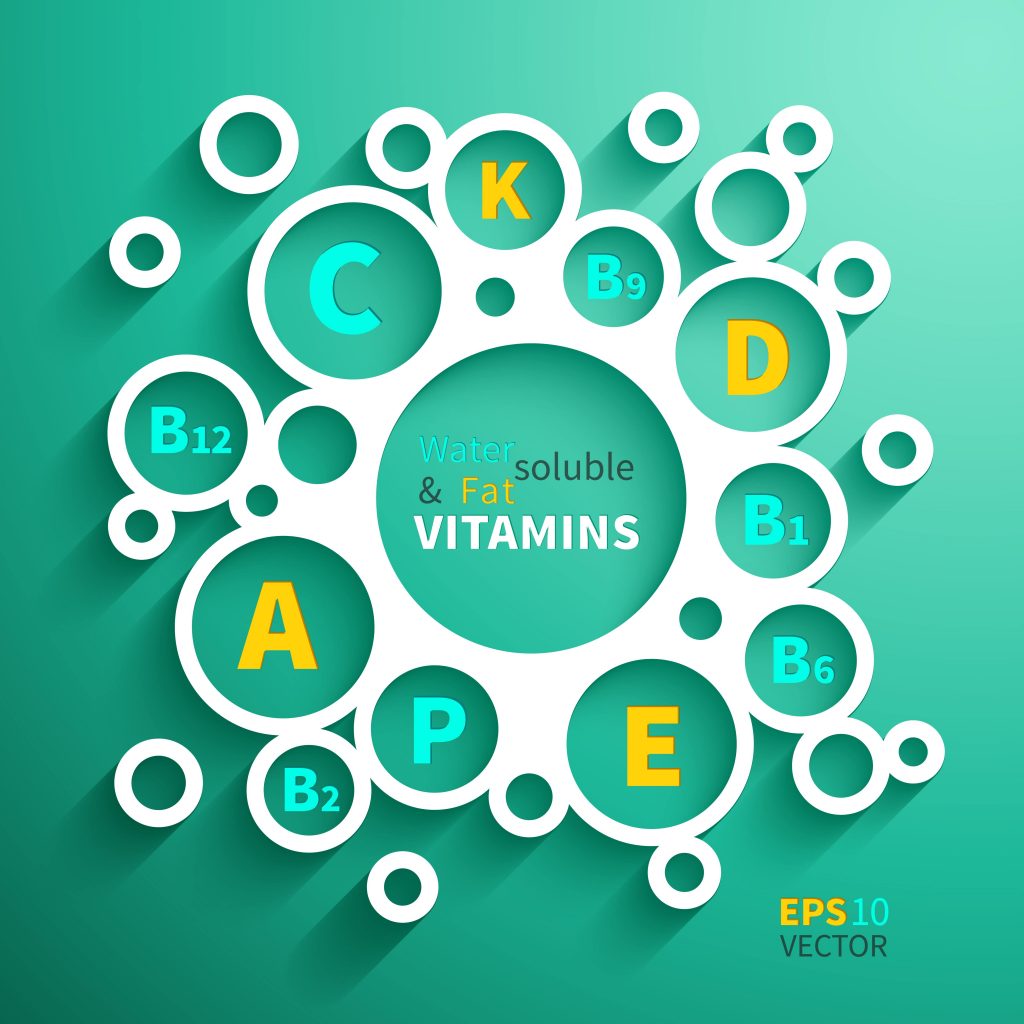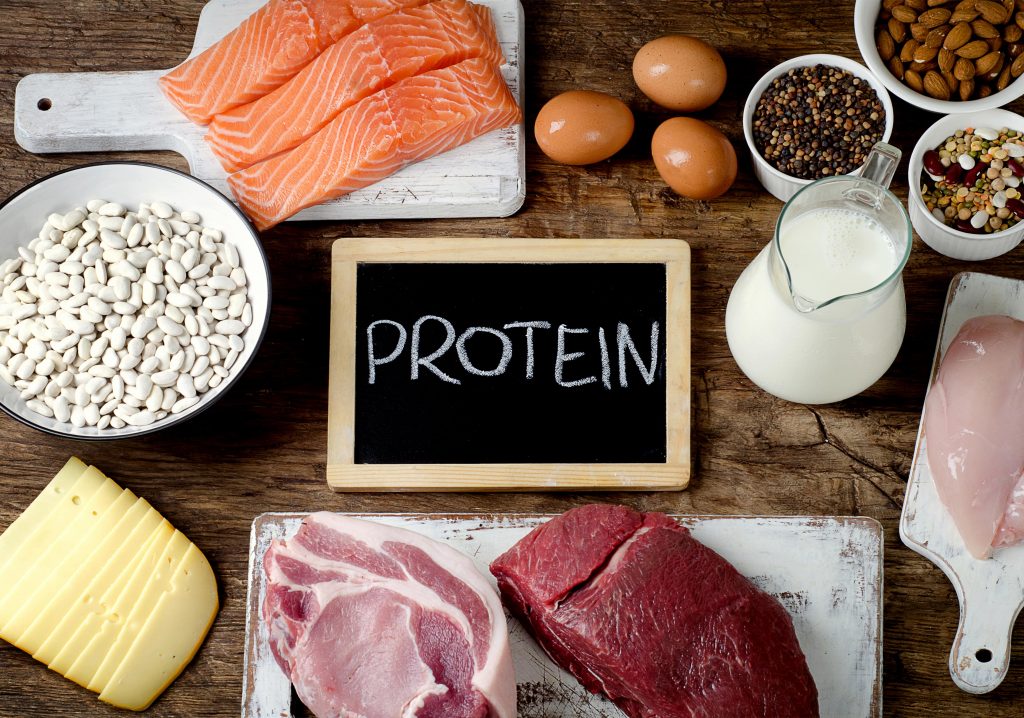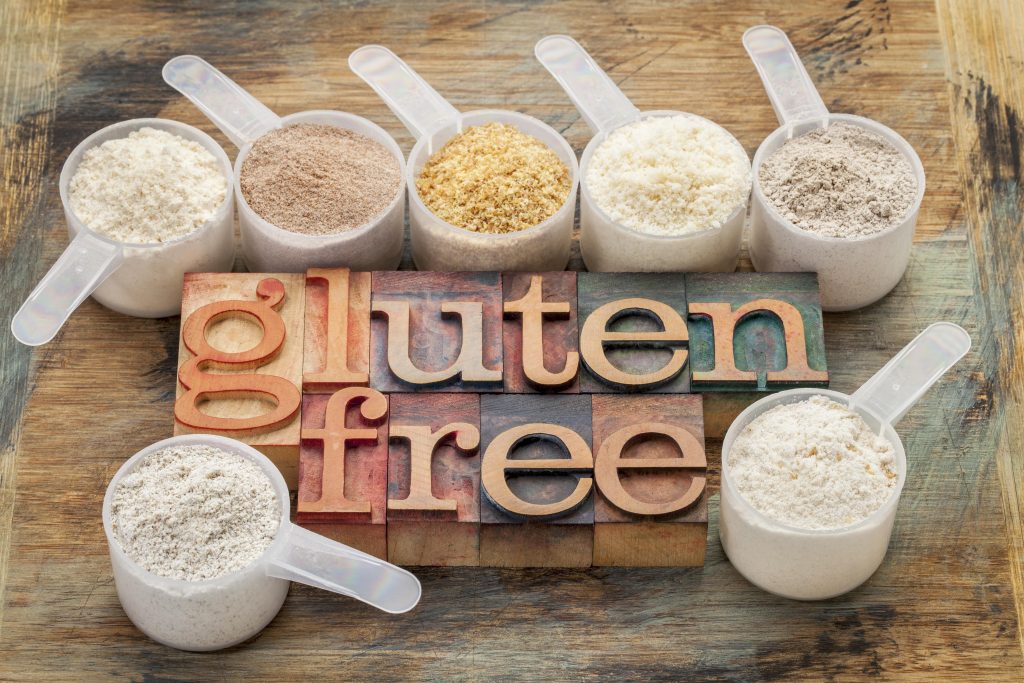We all know that exercise is good for us, but you may not know the importance of exercise during pregnancy and how it benefits both mom AND baby. It is well known that exercise improves mental and physical health. But what about exercise during pregnancy? Exercise during pregnancy not only boosts the mother’s mental and physical health, but also has specific benefits for a healthy pregnancy, smooth delivery and faster postpartum recovery. What’s more, when a mother exercises during pregnancy, both mom and baby reap the benefits!

Importance Of Exercise During Pregnancy?
Pregnancy imposes a lot of unique physical demands on a woman’s body. Regardless of your level of physical activity before pregnancy, there are many benefits to exercising during pregnancy for both mom and baby.
Benefits For Mom Include:
- Improved physical and mental health
- Reduced discomfort
- Higher incidence of vaginal delivery
- Lower incidence of: excessive gestational weight gain, gestational diabetes, gestational hypertensive disorders, preterm birth, and Cesarean birth
- Faster postpartum recovery
- Lower risk of postpartum depression
Benefits For Baby Include:
- Decreased risk of diabetes
- Enhanced cardiac function
- Decreased incidence of low birth weight
- Improved brain function and decreased risk of neurodegeneration
Furthermore, the benefits of maternal exercise during pregnancy extend beyond birth. This study discovered that babies whose mothers exercised during pregnancy had better motor skills than those whose mothers did not exercise during pregnancy.
Nutrition also plays a key role in maternal and fetal health during pregnancy. Click here for more information about pregnancy nutrition and supplements.
How Often Should I Exercise During Pregnancy?
The American College of Obstetricians and Gynecologists recommends regular strength and aerobic training throughout pregnancy for women with uncomplicated pregnancies.
More specifically, the ACOG recommends 150 minutes of moderate-intensity exercise each week during pregnancy, aiming for 20-30 minutes each session. These guidelines apply to women of all fitness levels, though the type of exercise and level of intensity will vary. Furthermore, women who exercised vigorously pre-pregnancy can continue to do so during pregnancy.
Need some new workout gear to boost your motivation? Check out my post Pregnancy Fitness Essentials.
Best Exercises For A Healthy Pregnancy (And Beyond)
The following exercises will strengthen your body for a healthy pregnancy, smooth delivery and faster postpartum recovery. These exercises are safe to do in all trimesters for healthy women with low risk pregnancies. Although the importance of exercise during pregnancy is well documented, consult your doctor about what your individual exercise routine should look like during pregnancy.
Squats
Squats are an excellent exercise for strengthening your entire body, especially your pelvic floor. Many midwives and physicians recommend this exercise specifically to prepare for labor and delivery, and some women even give birth in this position! Try doing 3 (or more) sets of 25 reps 3 days a week, either with or without weight. If you are going to use a weight, it’s best to hold it at your collarbones to help with posture and balance.
Glute Bridges
Strong glutes are essential for maintaining a strong core throughout your pregnancy. Along these lines, having strong glutes will also help with lower back pain that is common in pregnancy. Glute bridges can be done in the supine position (lying on your back), with or without weight. However, exercises in the supine position can be uncomfortable for some women as pregnancy progresses. In this case, you can perform the exercise with your head and upper back elevated by a bolster/pillow, small exercise ball or bench. Perform 3 sets of 25 reps (or more!), 3-4 times per week.
Bird Dogs
This exercise strengthens the entire core unit and is a great way to ensure your core remains strong without having to do any crunches or planks, which can put unnecessary strain on a pregnant woman’s body. Bird dogs also help with balance, which is often compromised during pregnancy. Perform 2 sets of 10 reps (each side), alternating sides, 3-4 times per week.
Deadlifts
This exercise strengthens the powerhouse muscles of the posterior chain, or back-body. This is your go-to exercise to prevent back pain! Deadlifts can be done with a barbell, kettlebell or dumbbells; however, start with light weight if you are new to this exercise. Try doing 3 sets of 15 reps 2-3 times a week to strengthen the back and core.
Push Ups
Push-ups are known for building upper body strength and muscle tone, but they also play a key role in core strength for a comfortable pregnancy. Plus, you’ll need strong arms to carry around a baby in a few months! Because this exercise becomes increasingly harder as pregnancy progresses, try doing push-ups on your knees, or with your hands elevated on a bench. Aim for 2-3 sets of 10 reps, 3 times per week.
Step Ups
Step ups are a full-body exercise that will serve as both strength and cardio! It’s simple—all you need is your body and a step, bench or box. You can also hold dumbbells to make it even more challenging! However, because balance is compromised during pregnancy, make sure the height of your step, box, or bench isn’t too high. Perform 3 sets of 15 step ups on each leg 2-3 times per week.
Monster Walk
During pregnancy, your hips and glutes can become tight and/or weak. Monster walks help strengthen these muscles to support your changing body and help with lower body discomfort that is common during pregnancy. You can vary the intensity of this exercise by varying the resistance band. When you step laterally, make sure to lead with your hip and knee in alignment, rather than the foot, to engage the muscles properly. Aim for 3 sets of 10 steps (each direction) 2-3 times per week.
Hydrants
This exercise likewise strengthens the core, including the back and glutes. You can do this exercise with or without a resistance band to vary the intensity. Make sure you keep your hips and shoulders square to the floor, pressing evenly into the floor with both hands. Complete 3 sets of 15 reps on each leg, 2-3 times per week.
Band Pull Apart
This exercise is the solution to poor posture and back pain that is common during pregnancy. With a light resistance band, squeeze your shoulder blades together to strengthen the postural muscles of the back. Make sure to engage your core and keep your knees soft so as not to strain your low back. Complete 3 sets of 25 reps, 2-3 times per week.

A Healthy Habit For A Healthy Pregnancy
I hope you now understand the importance of exercise during pregnancy and how it benefits both mom and baby. There will be times where exercising is the last thing you feel like doing, and that’s okay! Do your best to stay consistent while also listening to your body. Remember that exercise will both alleviate pregnancy discomfort and yield long term benefits. A regular exercise regimen that includes the above exercises will promote a healthy pregnancy, smooth delivery and faster postpartum recovery.
Now that you know the importance of exercise during pregnancy (and beyond), check out my post, 4 Types of Exercise For Your Strongest, Healthiest Body.
Lauren is a NASM certified personal trainer and wellness coach with a Bachelor of Arts in Psychology. She manages her own health and fitness blog at laurenfitter.com.
Health and fitness is both mental and physical, and most people don’t know where to begin. Lauren is passionate about helping people make sense of their health by providing simple strategies to save their health and their sanity. Her desire is to share what she’s learned over the years in the wellness sphere and simplify what it means to be healthy in body, mind and spirit.











